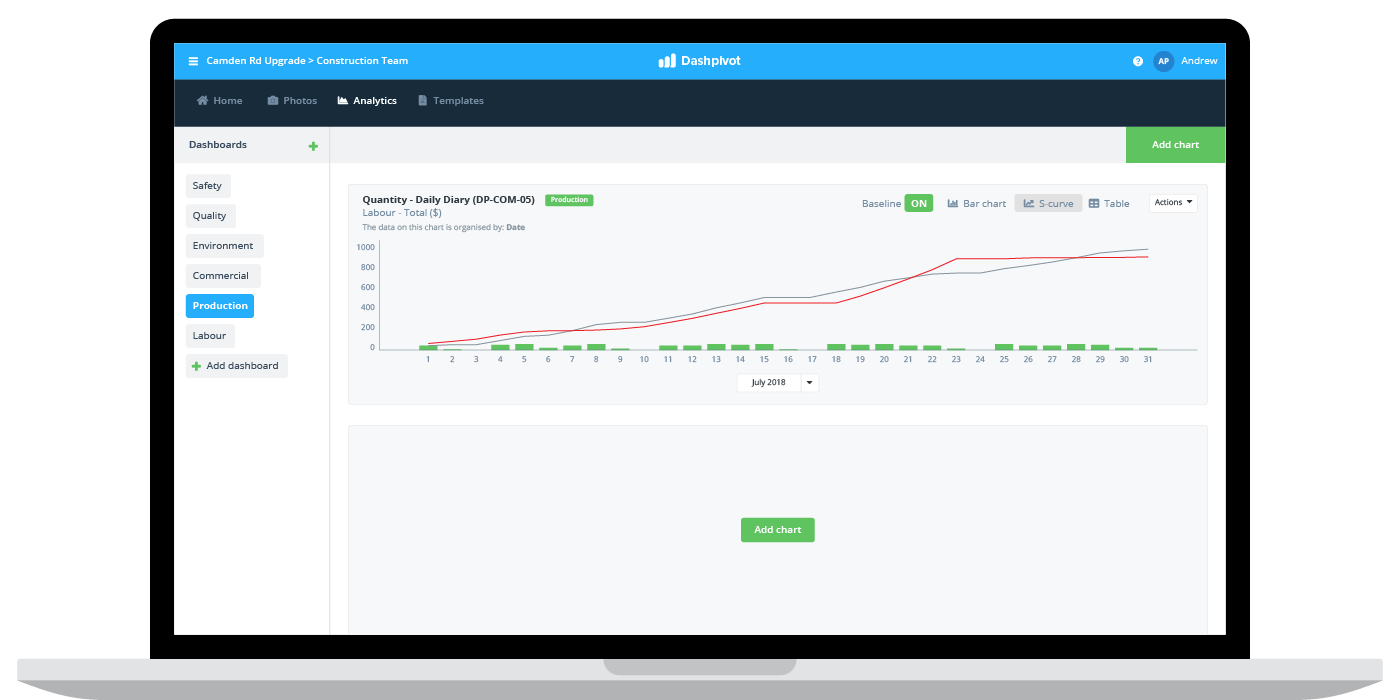Finance – How is earned value calculated?

How is earned value calculated?
Why calculate earned value in the first place?
The main reason for calculating earned value is to objectively assess how a project is performing on your two major dimensions of cost and time.
Without earned value, project managers and companies are left assessing whether a project is over-budget or behind schedule without getting a better or holistic understanding of overall project performance.
While earned value doesn't solve all of your issues (safety, quality etc.), it does provide a relied upon and proven framework for assessing project performance during project delivery and providing yourself and your teams with enough information to course correct and keep the project on track.
So how is earned value calculated?
Any type of calculation can be intimidating, especially when it is a calculation which requires getting accurate data from the field and then using that data inside of an earned value formula.
The great thing about how earned value is calculated is that almost all projects are already tracking the data needed to make the earned value calculation (or they definitely should be).
So how is earned value calculated?
The first aspect of calculating earned value is getting the information you need to make the calculation.
For earned value, this means finding or knowing your:
- BAC (Budget at completion) - The original budget for the project or projected cost of the entire project (or phase of work)
- % of work completed - The % of the project which is actually complete at the time of calculating EV
The second part of how earned value is calculated is simply putting these two numbers into your equation:
EV = % of work completed x BAC = 50% x $1,000,000 = $500,000
For this specific calculation, we can see that our budget for this job was $1,000,000 and the % of work we have completed so far is 50%. This gives us an earned value of $500,000.
This earned value result tells us how much 'value' we have created on the project so far - which is nice, but not that helpful if we don't understand how much it cost us to create this much value, and how long it took us to create this much value.
To make our earned value tell us something more meaningful, we need to compare this number to our original cost and schedule plan.
The first and easiest next step is usually to compare the current earned value to our actual costs so far, which will enable us to see whether we are under, on or over budget.
Let's say we have incurred costs so far of $450,000. To calculate how we are performing on the basis of cost, we use our cost variance formula:
CV = EV - AC = $500,000 - $450,000 = $50,000
In this case, our cost variance is $50,000, which means we are $50,000 under budget. This makes sense with the numbers above, because we can see we have created $500,000 in value from spending $450,000.
Now that we are looking pretty in terms of cost, we also want to see whether we are on schedule. It's great if we are under budget, but if we are way behind schedule then that's probably why we are under budget.
The equation we care about when looking into our schedule performance is the schedule variance, and it's very similar to our cost variance above.
There's one other component of this equation which we need to understand in order to make sense of our schedule performance - we need to know how much value we had planned to generate by this stage of the project.
In this case, when we are 50% complete, we are 6 months into the project. The project was planned to go for 10 months in total, so our planned value at this stage was/is:
PV = % of project planned to be completed x Budget at completion = 60% x $1,000,000 = $600,000
We use this planned value to calculate our schedule variance:
SV = EV - PV = $500,000 - $600,000 = -$100,000
This negative number means we are behind schedule, in this case, we are $100,000 behind schedule. So although we are under budget, we are way behind schedule.
How is earned value calculated from a calculator perspective?
There are a number of ways in which project managers and companies calculate earned value. Which one they (or you) choose will depend on what your current operations and processes look like - as well as the resources they have at their disposal.
If you are using software and technology to capture production and financial information on site, then plenty of these systems can also be used to aggregate your information and display earned value information.

If you are still using paper, word docs and PDFs on site to document information, and then reconciling this information into excel and spreadsheets, then it makes sense to use your spreadsheets or specific custom calculators to crunch your numbers.
It's worth exploring dedicated software for many of these processes because they save you so much admin time and improve the accuracy and speed of your data.
How to use your earned value calculation
When we ask the question of how earned value is calculated, we are trying to get the type of information we derived above.
The project manager can now see that they are under budget but behind schedule, which means they can increase spend/costs during the last 4 months of the project in order to try 'catch up'. Earning back a whole month might not be possible, but the additional funds available might free up some time and resources to dedicated to speeding up work.
The important thing to remember about earned value management is that it doesn't capture all elements of project performance.
There are also a number of safety PKI's, quality, environmental and employee considerations you need to weigh into your project analyses in order to get the full picture of project and organisation performance.
But making sure that the next time you ask yourself 'how is earned value calculated?' you have an answer is a great step towards better analysing project delivery and ultimately delivering on time and on budget.
People in 70+ countries use this software to better document and track earned value.
